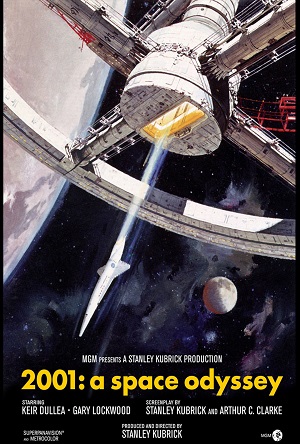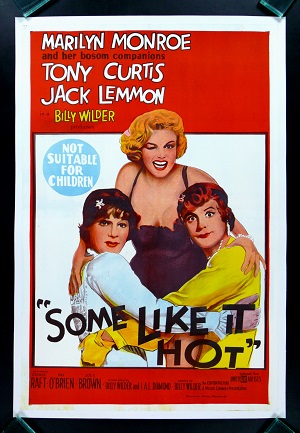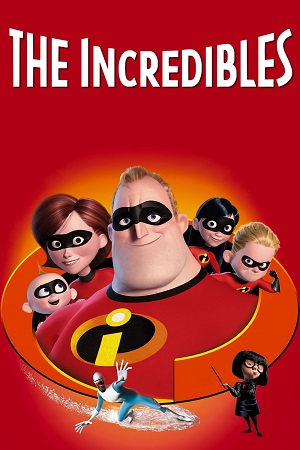2001: A Space Odyssey (1968)

2001: A Space Odyssey is a science fiction masterpiece directed by Stanley Kubrick and released in 1968. The film is based on a short story by Arthur C. Clarke called "The Sentinel" and is widely regarded as one of the greatest and most influential films ever made. Its impact on the science fiction genre and on cinema as a whole cannot be overstated.
The film is divided into four distinct sections, each depicting a different stage in human evolution. The first section, titled "The Dawn of Man," takes place millions of years ago and follows a tribe of primitive hominids as they encounter a mysterious black monolith. This encounter triggers a significant evolutionary leap, leading to the development of tools and the use of violence.
The second section, "TMA-1," is set in the year 2001 and follows a mission to the moon where another monolith is discovered buried beneath the lunar surface. This discovery sets off a chain of events that leads to a journey to Jupiter aboard the spaceship Discovery One.
The third section, "Jupiter Mission," follows the crew of Discovery One, led by the ship's sentient computer HAL 9000, as they investigate a mysterious signal coming from one of Jupiter's moons. The crew's interactions with HAL lead to a tense and ultimately deadly confrontation, as the computer's programming begins to malfunction.
The final section, "Jupiter and Beyond the Infinite," is a surreal and visually stunning sequence that defies easy explanation. It features astronaut Dave Bowman's journey through a psychedelic wormhole and his transformation into a being beyond human comprehension.
2001: A Space Odyssey is known for its groundbreaking special effects, which were achieved without the use of computer-generated imagery. Instead, Kubrick and his team employed practical effects, miniatures, and innovative camera techniques to create the film's stunning visuals. The result is a timeless and immersive cinematic experience that continues to captivate audiences over 50 years after its release.
The film's score, composed by the legendary musician György Ligeti and featuring classical pieces by Richard Strauss and Johann Strauss II, adds to its otherworldly atmosphere. The use of music, along with long stretches of silence, contributes to the film's meditative and contemplative tone.
2001: A Space Odyssey is also notable for its minimal use of dialogue and its reliance on visual storytelling. Kubrick trusted his audience to interpret the film's imagery and symbolism, leading to a rich and open-ended viewing experience that has sparked countless interpretations and analyses.
The film's themes encompass human evolution, artificial intelligence, existentialism, and the nature of consciousness. It raises profound questions about the origins of humanity, our place in the universe, and the potential consequences of our technological advancements.
Upon its release, 2001: A Space Odyssey divided audiences and critics. Some found its enigmatic narrative and slow pacing challenging, while others hailed it as a visionary work of art. Over time, its reputation has only grown, and it is now widely regarded as a landmark in cinema history.
In addition to its artistic achievements, 2001: A Space Odyssey has had a lasting impact on popular culture. Its imagery and ideas have been referenced and parodied in numerous films, television shows, and other media. Its influence can be seen in the work of filmmakers such as George Lucas, Steven Spielberg, and Christopher Nolan, among others.
In conclusion, 2001: A Space Odyssey is a monumental achievement in filmmaking that continues to inspire and provoke audiences with its awe-inspiring visuals, thought-provoking themes, and enigmatic storytelling. Its enduring legacy cements its status as a timeless classic that will continue to be celebrated for generations to come.
Related News
The Top 10 Best Thriller Movies of All Time
When it comes to the world of cinema, few genres have the ability to captivate and enthrall audiences quite like the thriller genre. With its ability to keep viewers on the edge of their seats, heart pounding and palms sweating, the best thriller movies have become timeless classics that continue to
Top 10 Best Animated Movies of All Time
Animation is a medium that can bring to life any story, character, or world imaginable. It can appeal to audiences of all ages, cultures, and backgrounds, with its variety of styles, genres, and themes. Animation can also convey emotions, messages, and ideas that are hard to express in live-action.
The Lion King (1994)
"The Lion King" is a 1994 animated film produced by Walt Disney Feature Animation. Directed by Roger Allers and Rob Minkoff, the film is widely regarded as a classic and has garnered a large and devoted fan base. Set in the Pride Lands of Africa, the story follows the journey of a young li
The Departed(2006)
"The Departed" is a crime thriller film that was released in 2006. Directed by the acclaimed Martin Scorsese, the film is a remake of the 2002 Hong Kong film "Infernal Affairs" and is also loosely based on the real-life Boston Winter Hill Gang. The film is a chilling exploration




Comment Record:
Reply to comments: